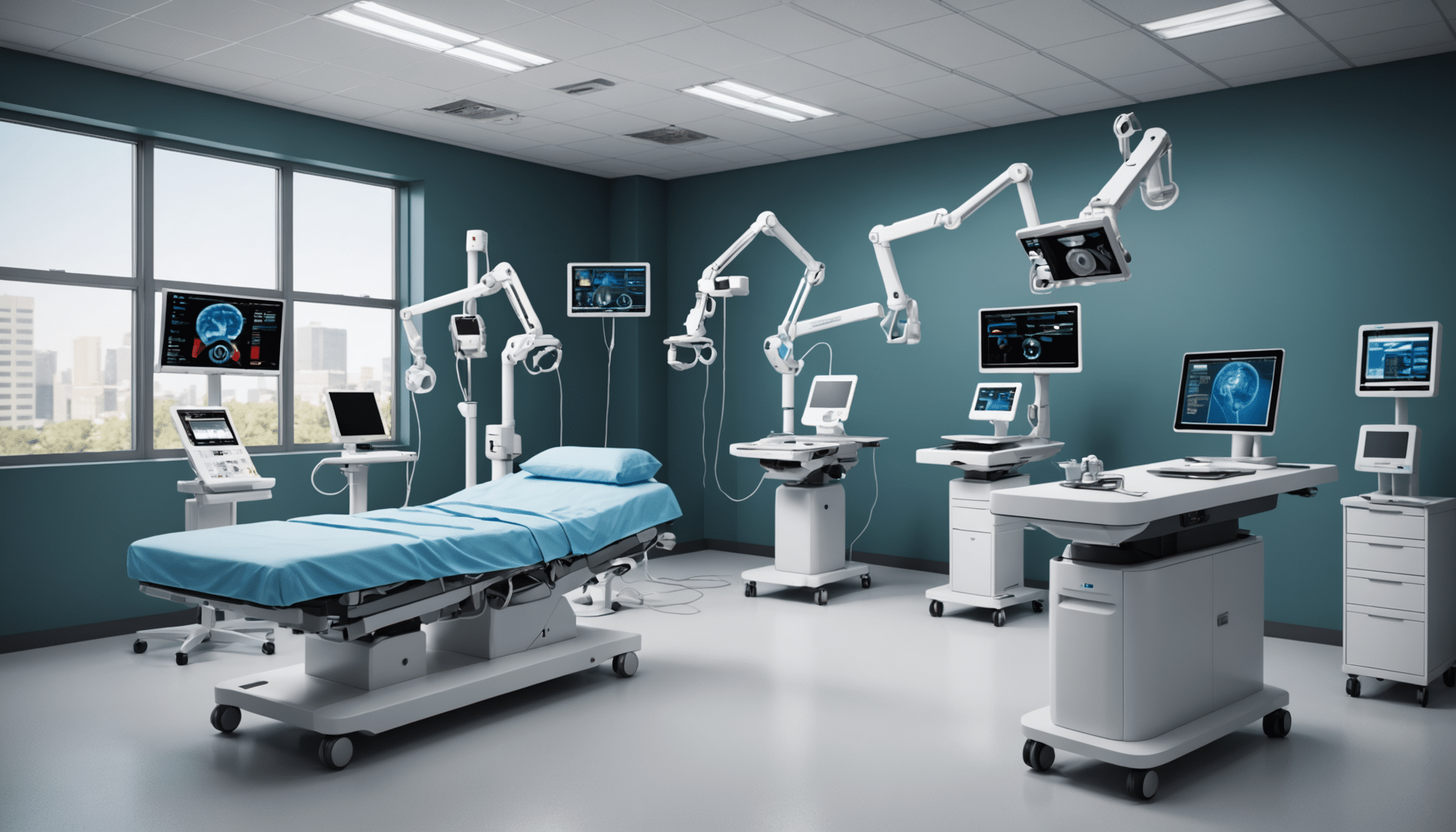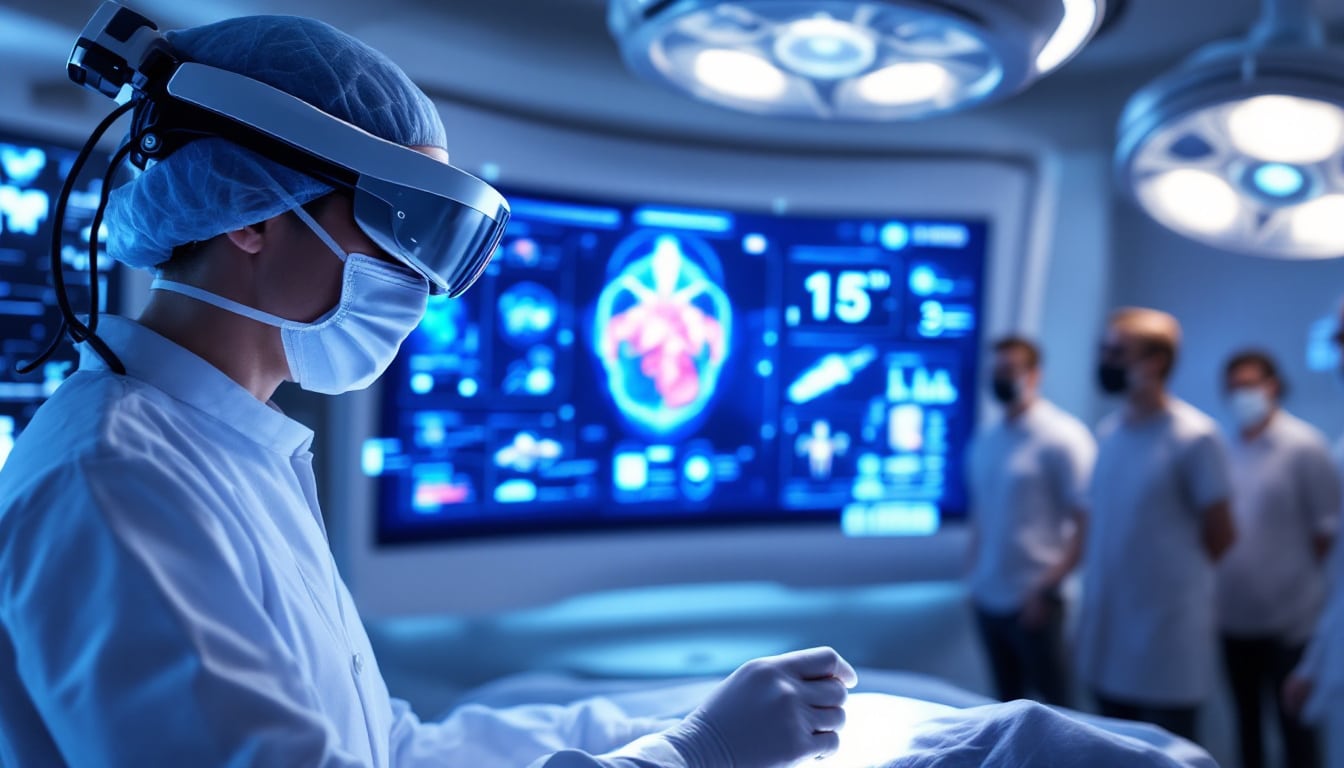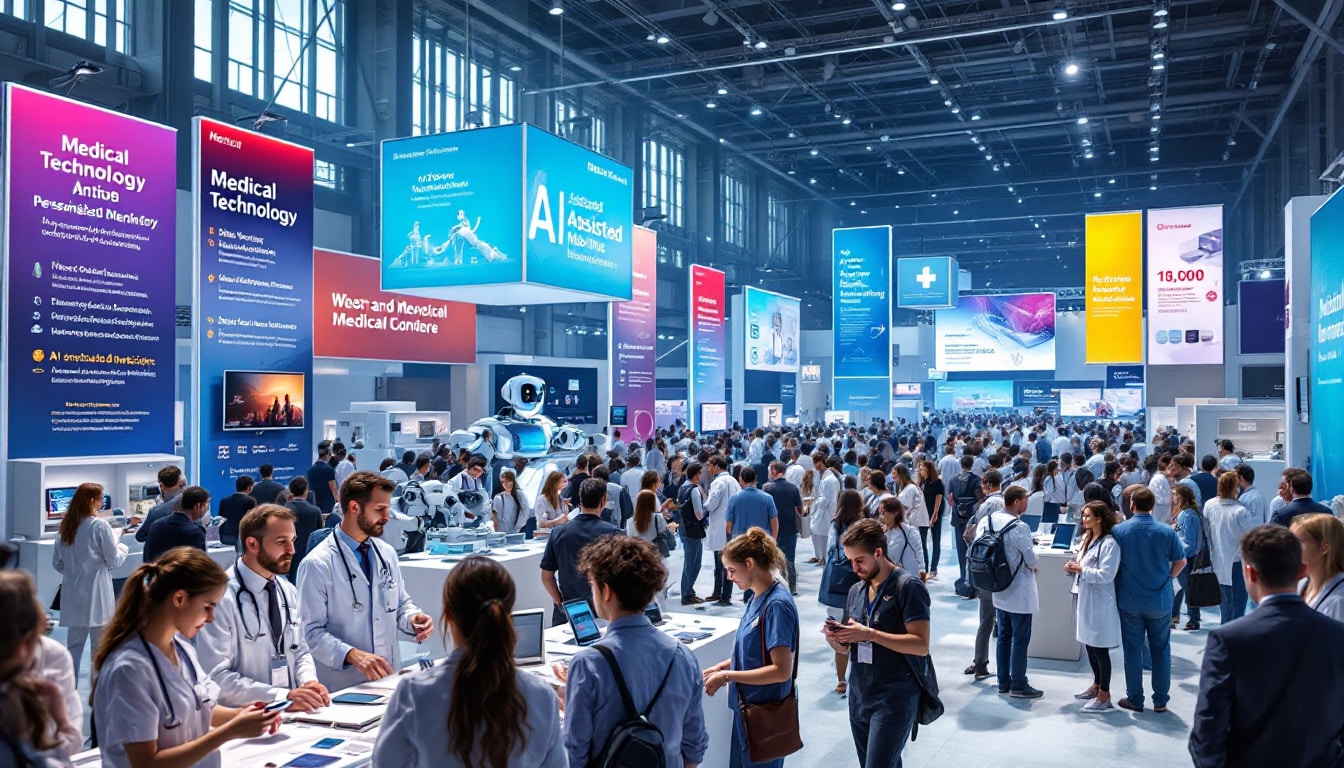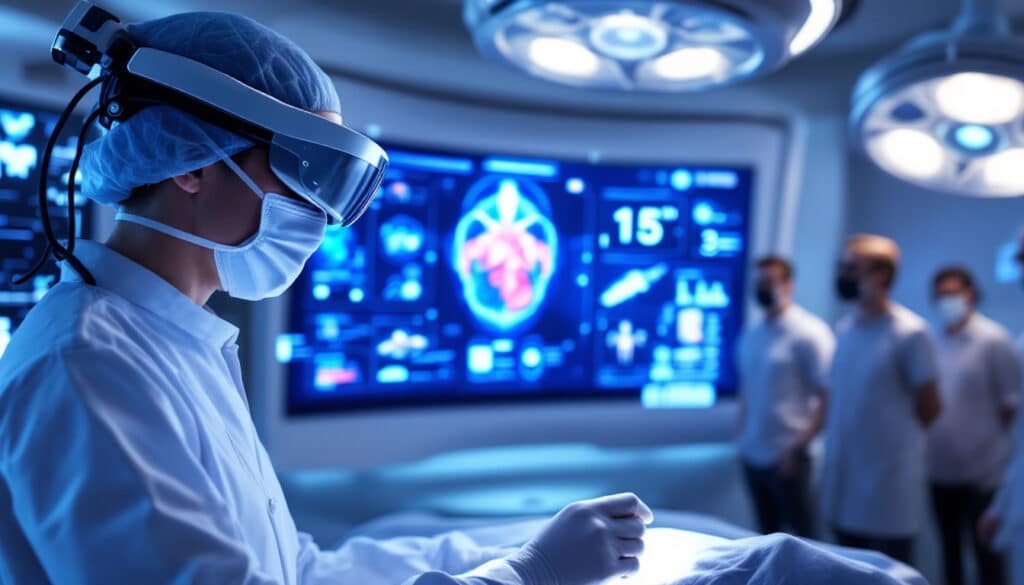The year 2025 promises to be a decisive turning point for the medical devices industry, marked by significant changes and technological advances. The emergence of new patient-centered care models and the integration of digital medical devices are transforming the landscape of the sector. Furthermore, new regulations and international collaboration initiatives are shaping a conducive framework for innovation. The interaction between science and technology is more than ever at the heart of developments, opening up unprecedented prospects to improve the health and well-being of patients while addressing contemporary challenges in the medical field.
As we move towards 2025, the medical devices industry is preparing for significant transformations. The implementation of a new certification will redefine quality standards, offering better assurance of product performance.
The rise of patient-centered care models will also revolutionize the approach to device development, promoting increased empowerment of users. Digital medical devices will continue to evolve, incorporating innovative solutions for remote patient monitoring, thus enhancing access to care.
Finally, the regulatory framework will adapt to support this new dynamic, particularly with improved collaboration between healthcare professionals and medtech stakeholders. These changes promise to enhance efficiency and safety, thus shaping the future of the industry.
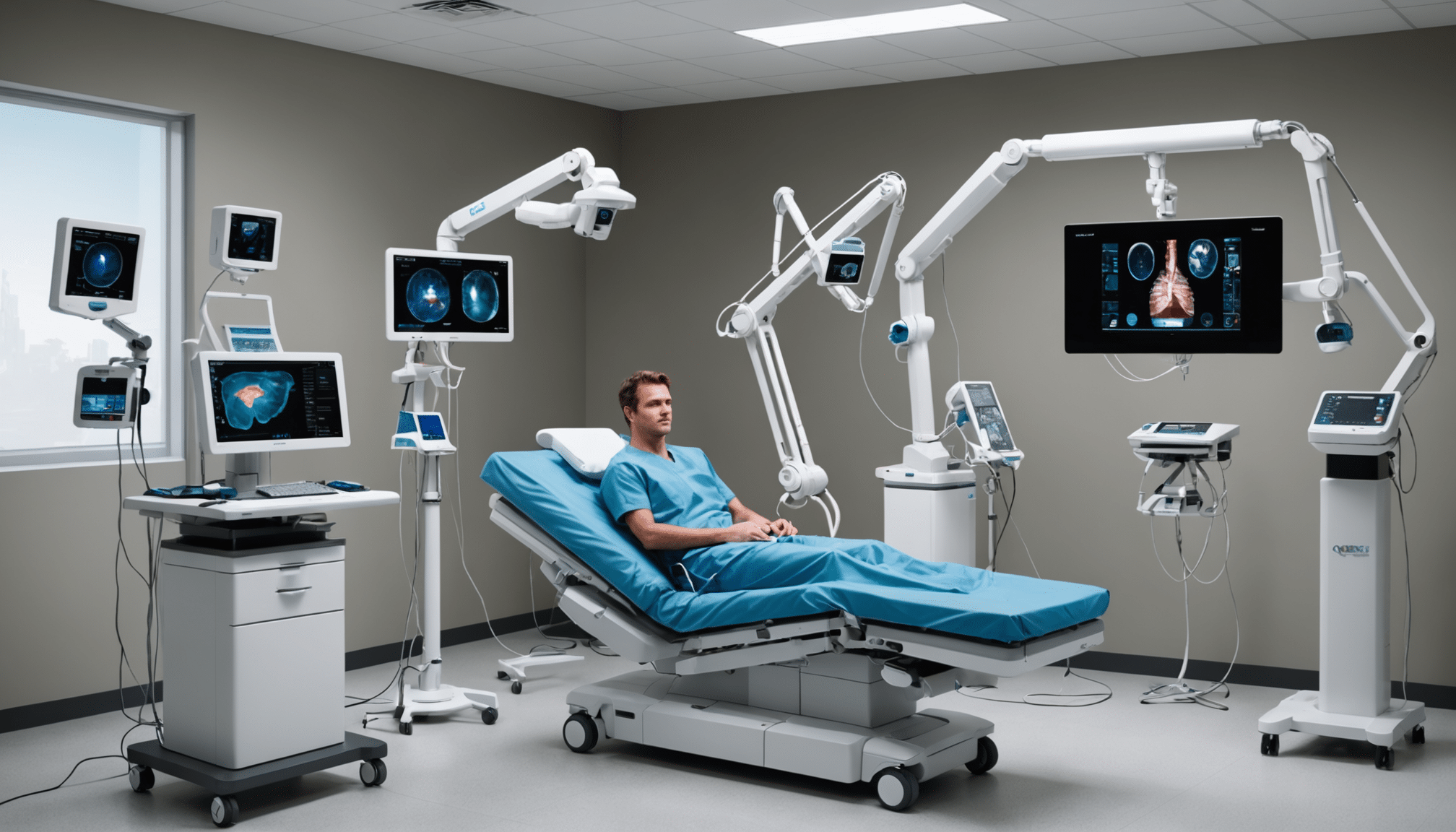
Within the medical devices industry, the adoption of digital technology will continue to be an essential driver of innovation. In 2025, connected medical devices will not only provide real-time patient monitoring but will also improve the efficiency of treatments. Thanks to solutions based on artificial intelligence, healthcare professionals will be able to analyze large amounts of data to personalize care. The synergy between technology and health is giving rise to devices that are not only more effective but also tailored to patient expectations, transforming their overall experience.
regulatory standards and certifications
Regulatory developments pose challenges, but also opportunities for companies. Starting in 2025, a new certification standard will be established for medical devices. This will enhance consumer confidence while ensuring that products meet strict standards. This initiative could also facilitate market access for startups and innovators by simplifying the approval process. Consequently, we could witness rapid evolution of emerging technologies, with particular attention given to digital health and telemedicine solutions.
sustainability trends
Sustainability is becoming a central issue for companies in the sector. By 2025, increased pressure on health industries to reduce their carbon footprint and minimize waste is expected to intensify. Experts are turning towards eco-friendly materials and sustainable manufacturing practices. Furthermore, this transition towards more environmentally friendly solutions could also influence public policies, thus promoting green initiatives within the medical devices sector.
In 2025, the medical devices industry will resolutely commit to an unprecedented transformation, particularly due to the rise of digital technologies. Connected medical devices will play a central role, allowing for better patient monitoring and real-time interaction between healthcare professionals and patients. This change is expected to improve clinical follow-up and optimize the management of chronic diseases. These innovations represent a major advance for a model of patient-centered healthcare, making their experience highly enriching.
Another essential aspect of this evolution will be the establishment of new regulations. In the face of increasing safety standards, primarily initiated by initiatives such as the European Medical Device Regulation, companies will need to be agile to adapt to these requirements. This will lead to strengthened quality controls and compliance, thus fostering a safer environment for users while stimulating innovation. Market launch timelines are also expected to streamline the product development process, which is a significant asset in an ultra-competitive sector.
Moreover, a collaborative approach among healthcare professionals, companies, and regulatory authorities will be beneficial for innovation. Multicultural and cross-sector collaborations are expected to emerge, leading to invaluable knowledge and resource sharing. Strategic alliances among companies will encourage a concentration of expertise, enabling the creation of more effective medical devices.
Finally, the emphasis on sustainability and ethics in the development of medical devices will be imperative in this new era. This will include the integration of sustainable materials and environmentally friendly practices at every stage of the device lifecycle, from design to disposal. Thus, the medical devices industry of 2025 will be shaped by a fusion of technological innovations, rigorous regulations, and a commitment to social responsibility.

